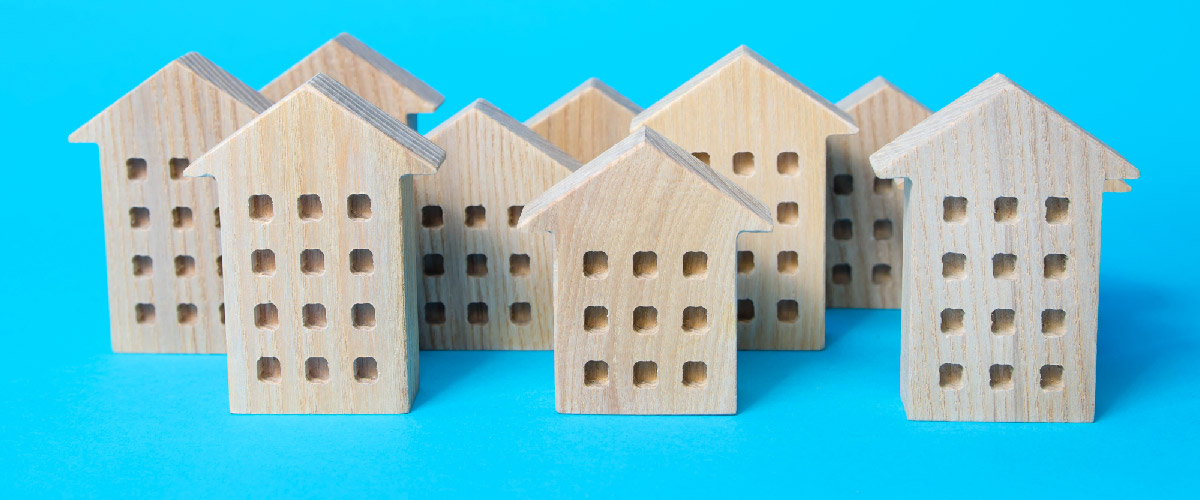About the Marketplace Part 1: The Association
If you're looking to establish a lasting (and profitable) relationship within the community association marketplace, you need to understand how it works and what "makes it tick". There's a lot of opportunity to be had, but there are also many issues to navigate and pitfalls to avoid. And it all starts with a review of a key defining factor – what are community associations?.
The community association is the legal entity created and established to govern, protect, and maintain the physical common elements and shared interests of "multi-family" homeowner communities. These communities, ranging from collections of single-family homes with shared grounds and amenities, to sophisticated high-rise urban condominiums, have become a commonplace aspect of home ownership in both urban and suburban areas. While the extent of responsibility and involvement will vary, it has been reported that there are over 350,000 homeowner-based community associations in the United States.
In all there are three types of community associations:
#1 Homeowner Associations (HOA) are typically comprised of multiple, individual single-family homes with shared common elements servicing the entire community, to include roads, streets, landscaping, pools, clubhouse, and other shared amenities.
#2 Condominium Associations (COA) are typically comprised of multi-family properties in mid-rise or high-rise configurations, as well as townhome configurations (multiple connected single-family units under a shared roof). COA properties also have shared common elements for which the association is responsible.
#3 Cooperative Associations (Co-ops) tend to have similar property characteristics to COA’s, but with a different ownership scheme of “shares” per owner. The Co-op association is also responsible for common elements.
THE FLORIDA COMMUNITY ASSOCIATION MARKETPLACE
The community association marketplace in Florida is primarily comprised of HOA, COA and Co-op associations. According to our most recent 2024 data, there are over 47,000 HOA, COA and Co-op associations in Florida, broken out as 55% COA, 43% HOA, and 2% Co-op. In all these associations represent nearly 5 million homeowner units and properties, with over 210,000 individual serving on these related association boards.
Florida community associations are regulated by multiple Florida Statutes 718 (COA), 719 (Co-op), 720 (HOA), 721 (Timeshares) and 723 (Mobile Home Parks) respectively. Associations are corporate entities (typically not-for-profit), with Bylaws, Declarations and Articles of Incorporation, run by a Board of Administration (a.k.a. Board of Directors) and most (particularly HOA and COA) are managed by licensed property management companies. The "Board members" are the decision makers and the management companies act as advisors and influencers to varying degrees, depending upon the nature of the community and the composition of the Board. When it comes to marketing your products and services, reaching the “Board” is essential to expand your reach, and ensure that you connect with the actual decision makers and ultimate customers.

